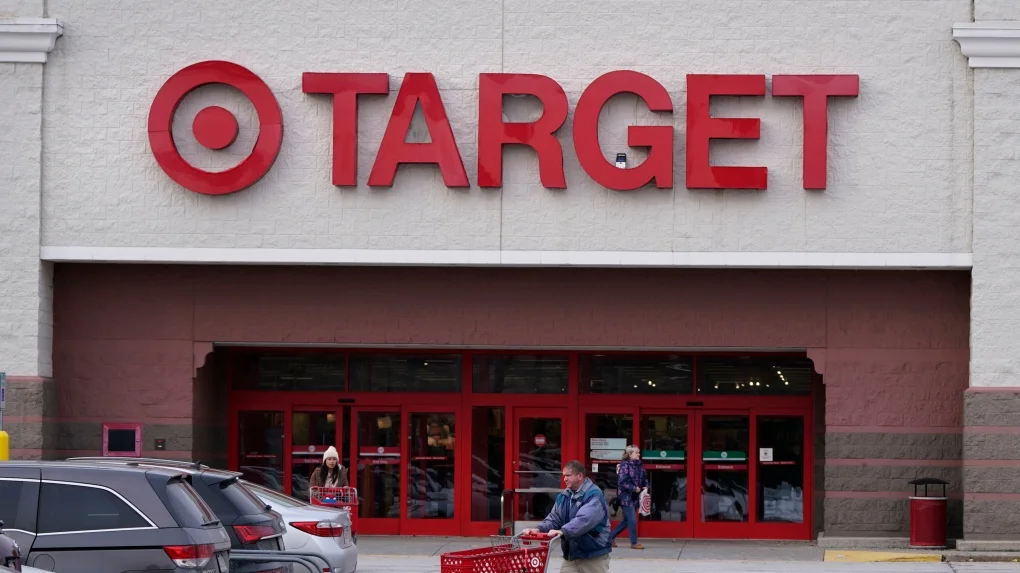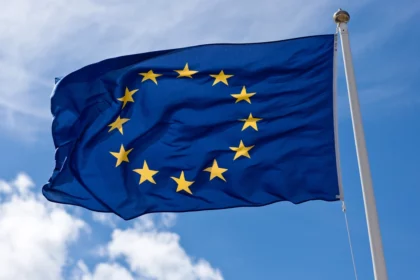US retail giant Target has experienced a significant sales drop both in-store and online, marking the first decrease in six years. The decline of 5% in sales during the April to June period compared to the same period last year follows a controversy surrounding the firm’s LGBTQ Pride merchandise.
The company faced backlash and even threats due to its Pride Month offering, leading to the removal of certain items from its 2,000-piece collection. The merchandise included a range of products such as rainbow-themed t-shirts, “gender fluid” mugs, and children’s books related to Pride. Several products were included in a partnership with transgender designer Erik Carnell’s Abprallen label. This collaboration attracted scrutiny due to the presence of images depicting pentagrams and horned skulls on items sold in other locations.
Target CEO Brian Cornell attributed the sales decline to a combination of factors, including budget constraints for shoppers due to the high cost of living and the lingering impact of the pandemic. He acknowledged that the controversy over the Pride merchandise and the subsequent removal of items had an impact on sales, while also considering broader economic factors.
While Target’s sales started to recover in July following a steep drop in June, the company still anticipates weaker performance for the remainder of the year. Cornell expressed the company’s intention to approach future partnerships cautiously while celebrating “heritage moments.”
The sales decline amid the Pride merchandise controversy underscores how LGBTQ issues have increasingly become political flashpoints for companies. Other brands, such as Disney and Bud Light, have also faced customer boycotts and backlash over similar issues.
Despite the sales drop, Target’s shares rose more than 6% in early trading, driven by stronger-than-expected profits, reflecting the complexity of navigating social and economic challenges in the current business landscape.




